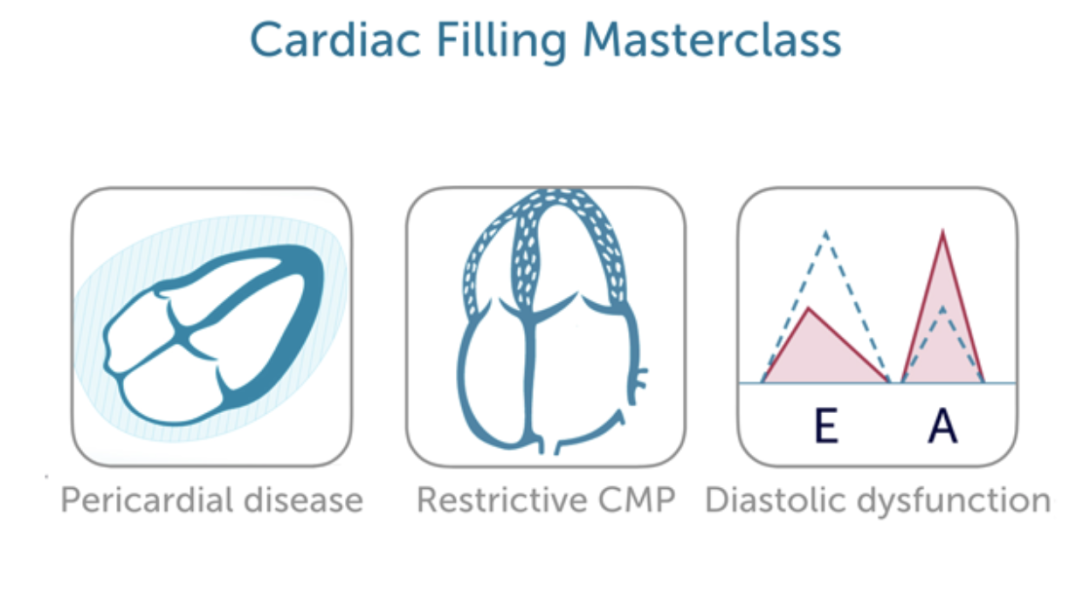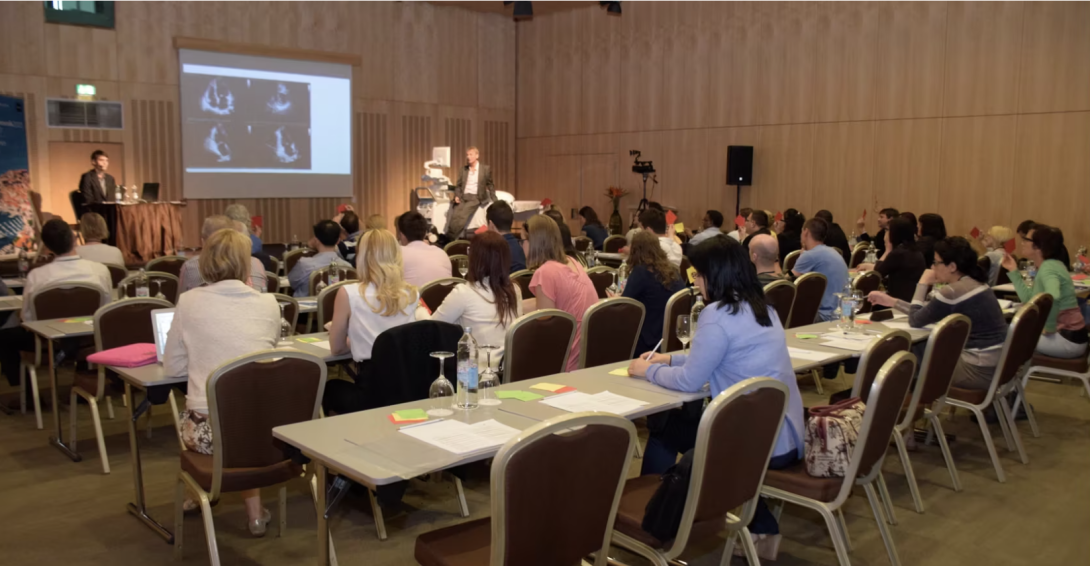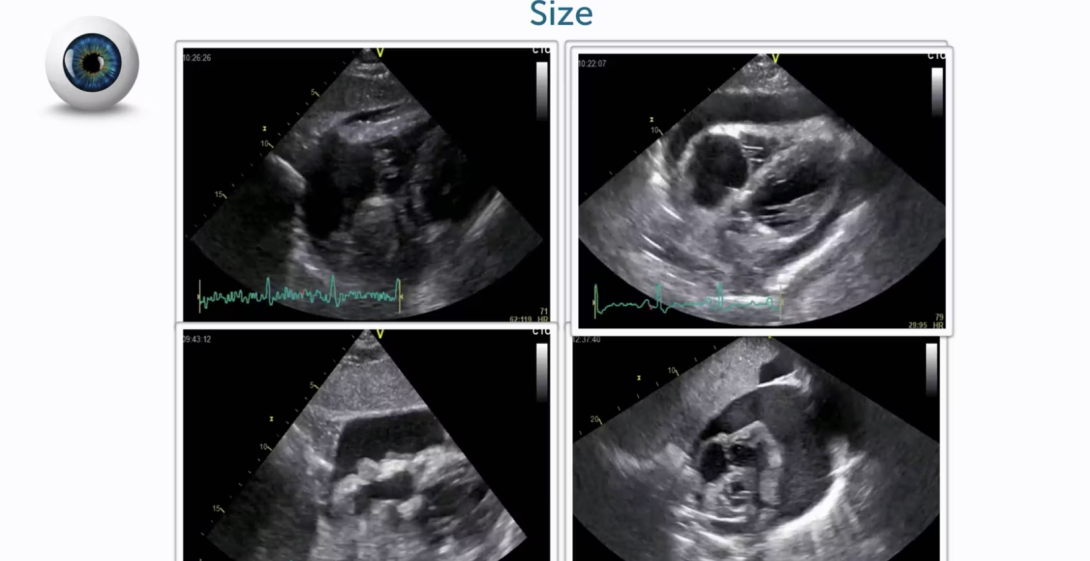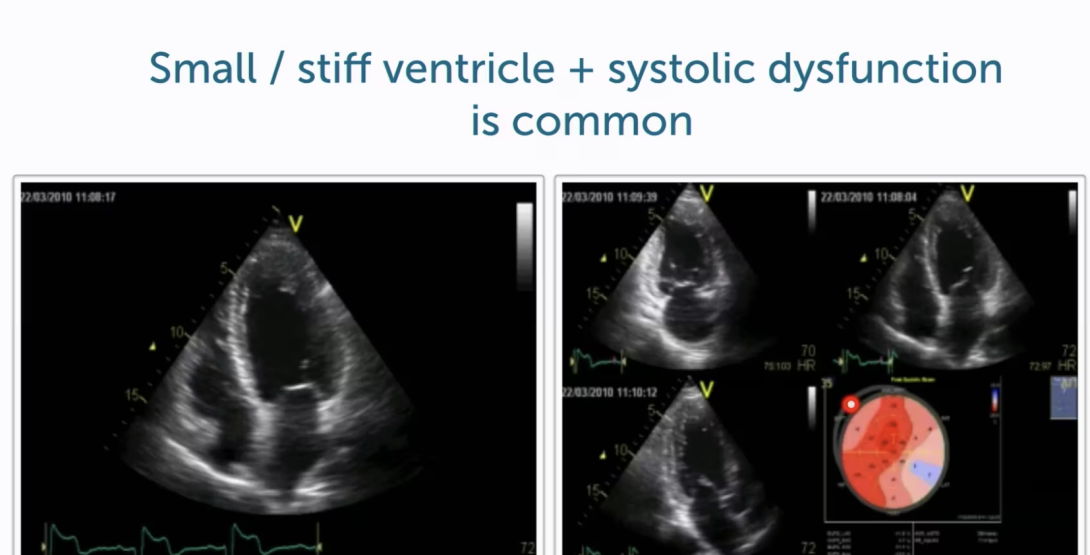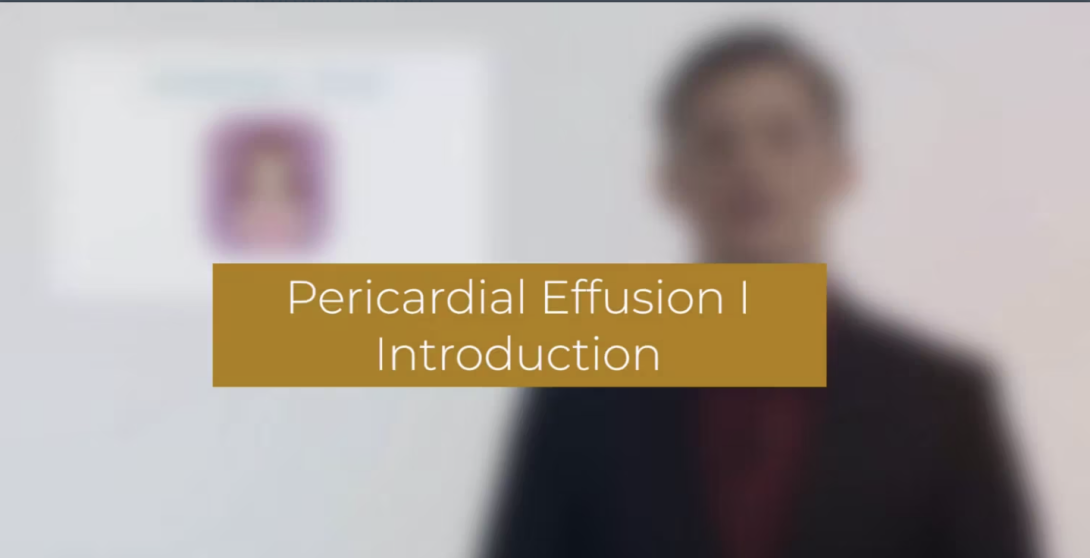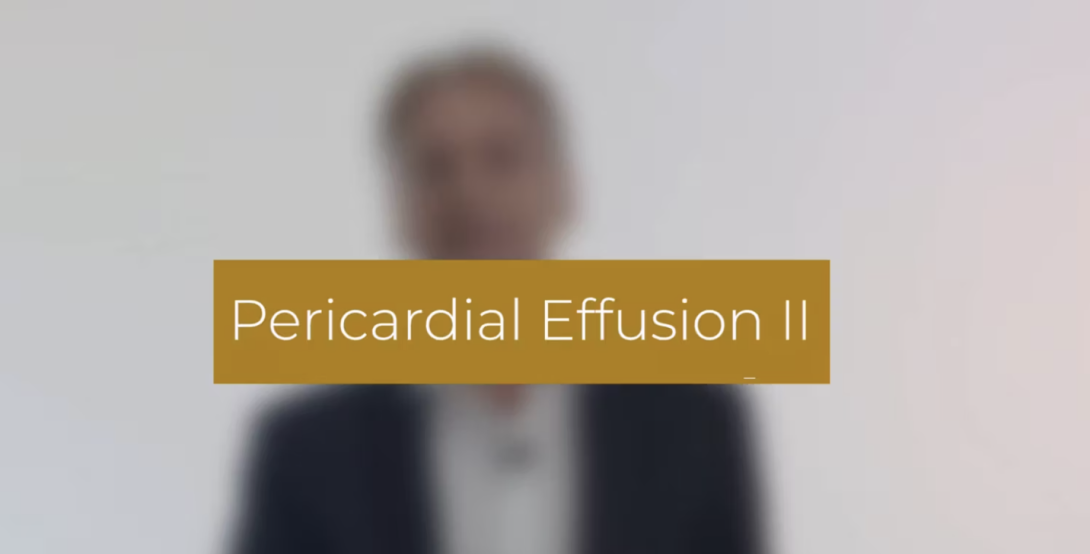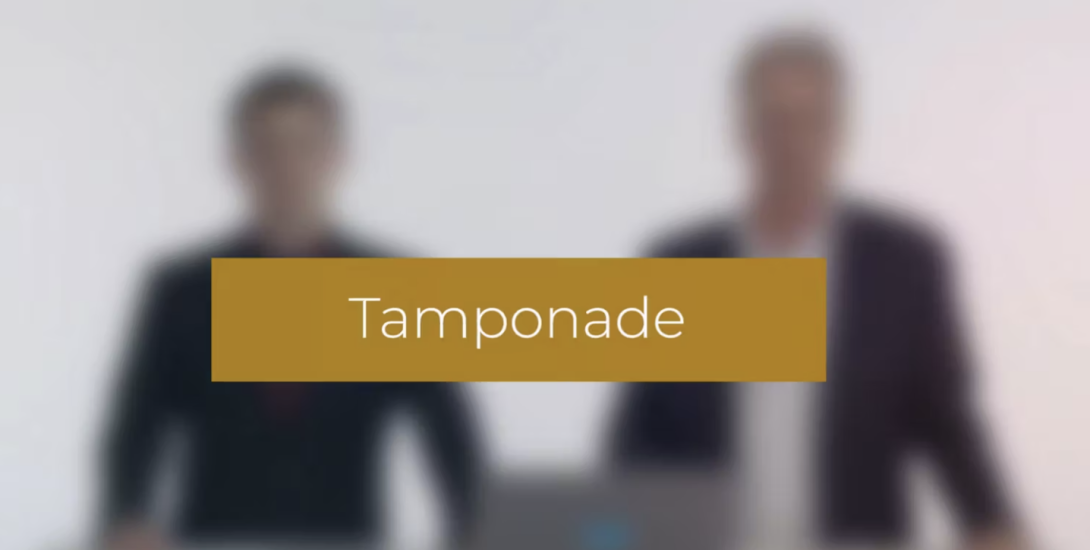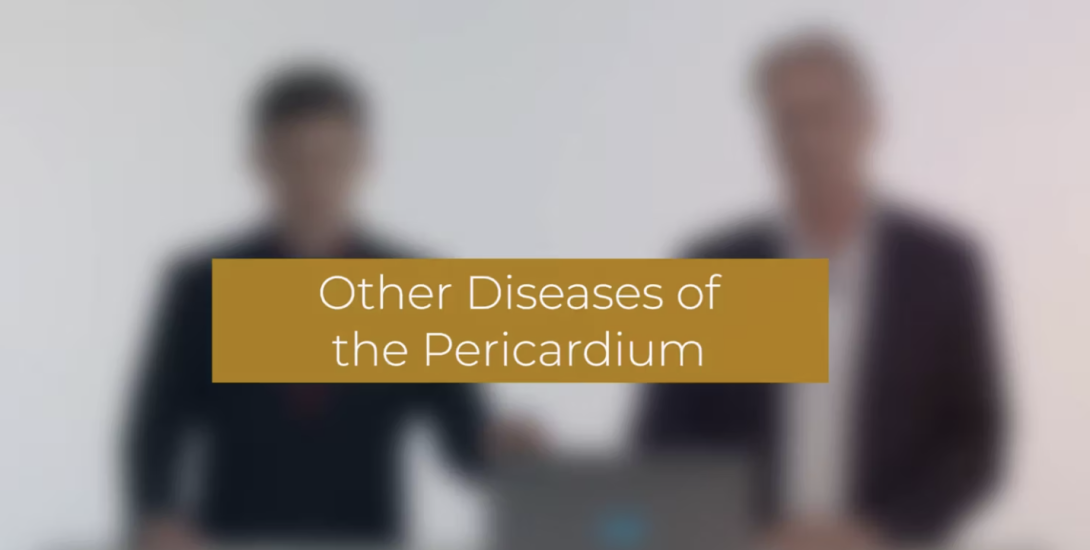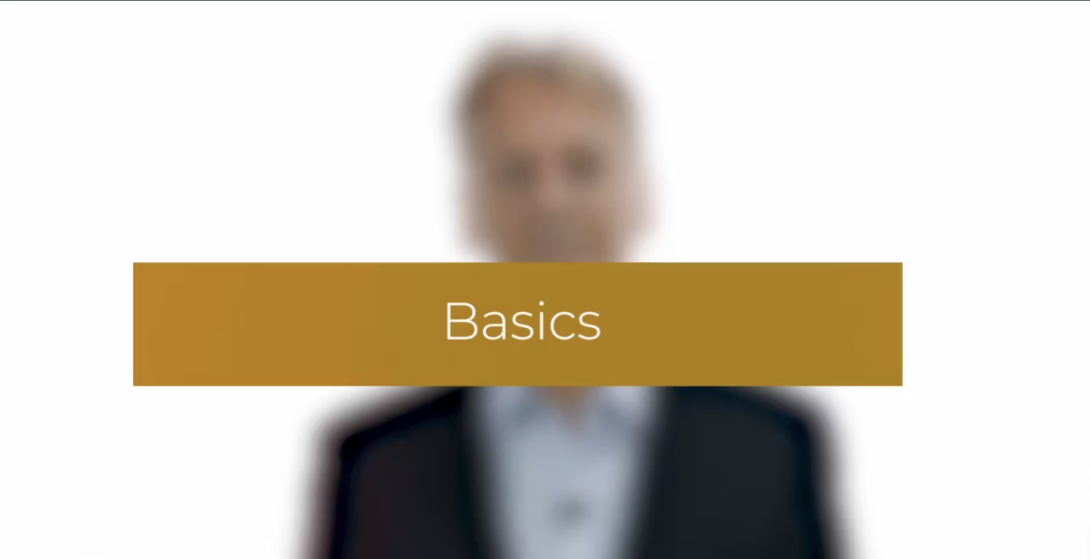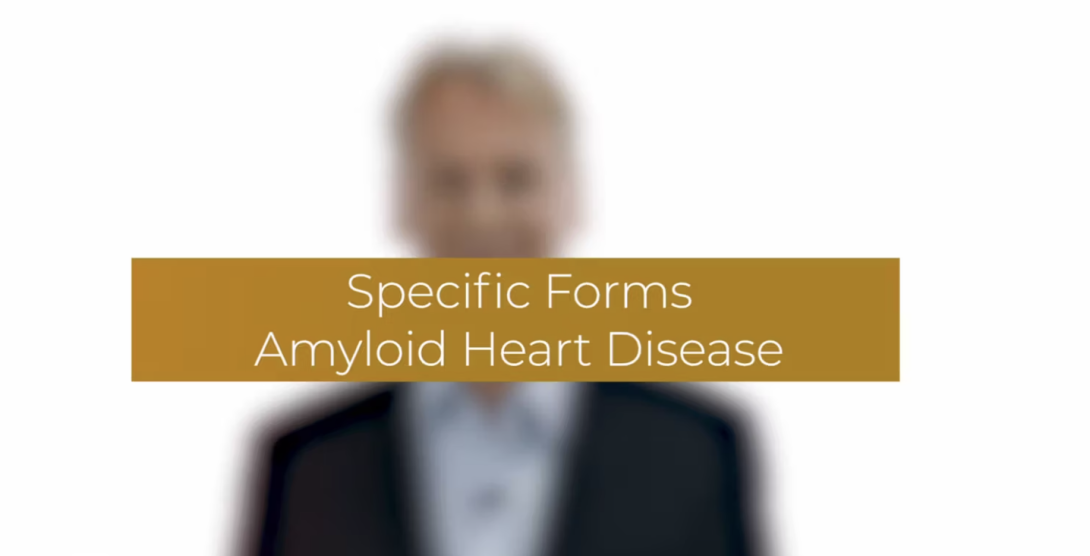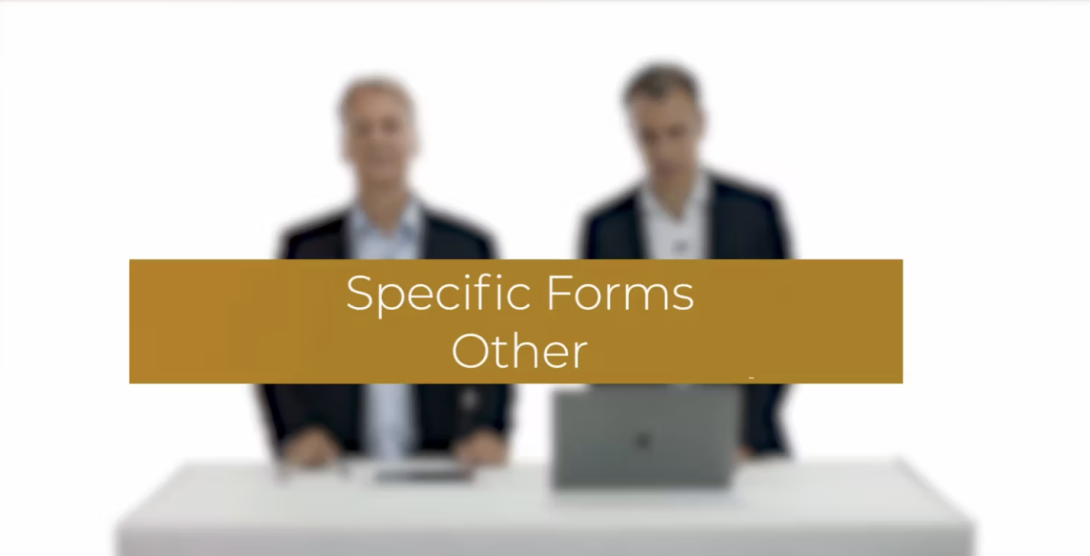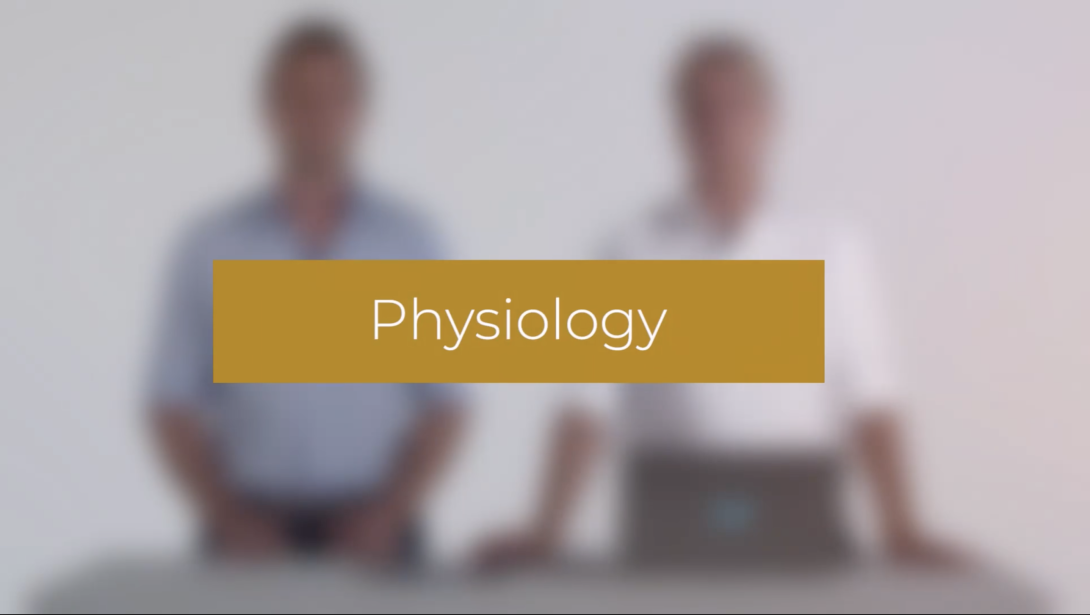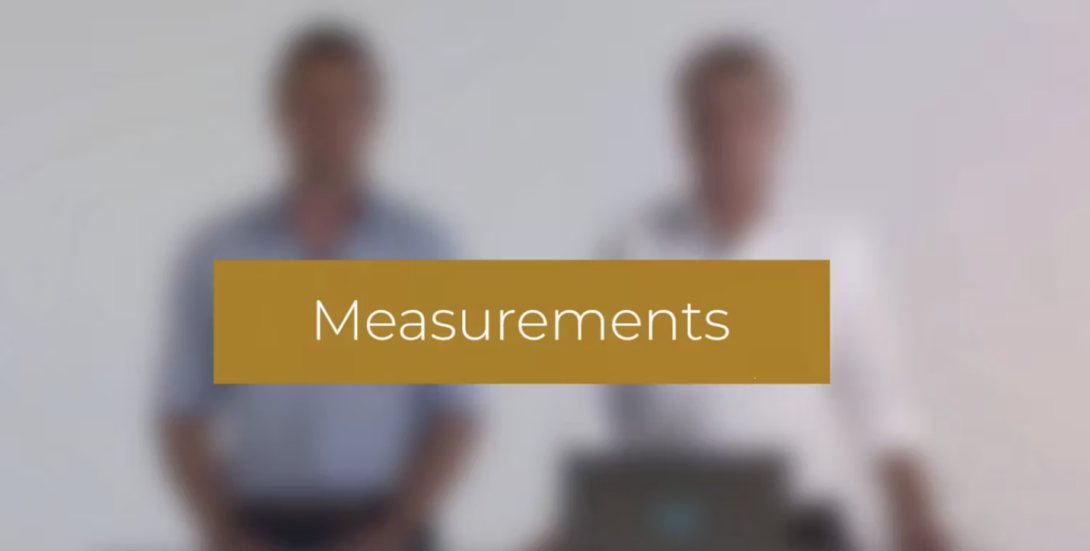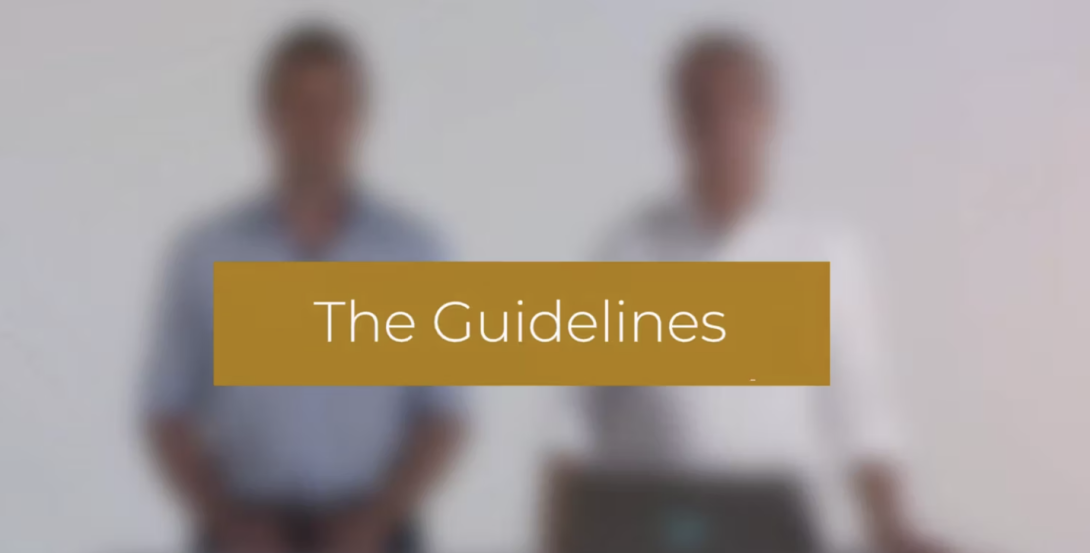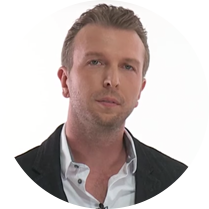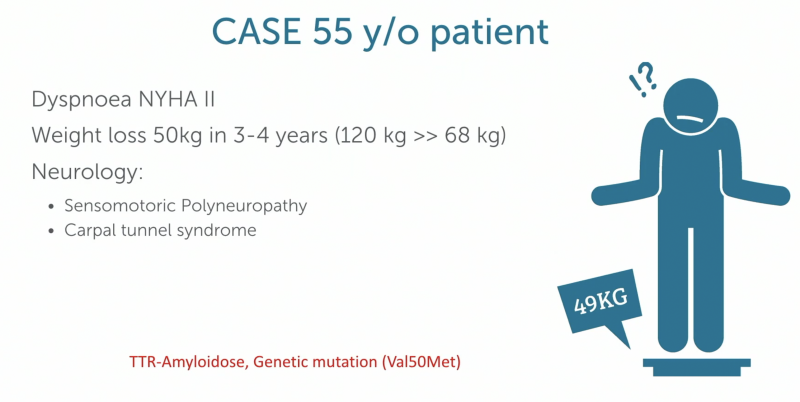Course Speakers
Curriculum
Chapter 1
Free lectures
Explore the intricacies of cardiac filling with this free chapter, featuring three enlightening lectures on the fundamentals of pericardial disease, restrictive cardiomyopathy, and diastolic function. Immerse yourself in the world of cardiovascular health and expand your understanding today!
3 lectures and 0 quizzes
Lectures & Quizzes:
Chapter 2
2 CME
Pericardial disease - Cardiac Filling MasterClass
Why do we have a pericardium? Can we live without a pericardium? How do we see pericardial effusions? What is the etiology of pericardial diseases? The pericardium truly is more important than you think. Pericardial effusions are common, and you don't want to miss a patient with constrictive pericarditis. In 5 lectures packed with cases and echo loop examples, you will learn how to detect pericardial effusions and how echo can help you to determine its etiology and guide therapy. An entire lecture is dedicated to the important question of whether a pericardial effusion is hemodynamically significant - the signs of tamponade will be shown in detail. In addition, we will present how easy it can be to detect pericardial constriction by looking at a few key features on the echo. After watching this more than 2-hour long chapter, you will be a true expert on the pericardium.
5 lectures and 1 quizzes
Lectures & Quizzes:
Chapter 3
1.5 CME
Restrictive CMP - Cardiac Filling MasterClass
Restrictive cardiomyopathy is an often overlook or mislabeled condition. Early diagnosis is crucial since we now have treatment options for many of our patients. In this almost two-hour chapter, Prof. Thomas Binder and Prof. Fabian Knebel will teach you all there is to know about restrictive cardiomyopathy. You will see extraordinary cases and common findings! Expert tips & tricks will make sure that you “pick up” restrictive cardiomyopathy in the future.
3 lectures and 1 quizzes
Lectures & Quizzes:
Chapter 4
2.5 CME
Diastolic Dysfunction - Cardiac Filling MasterClass
The assessment of diastolic function is part of each and every echo exam. Diastolic dysfunction is an important cause of dyspnea and can be present in patients with and without overt impairment of systolic left ventricular function (heart failure with preserved ejection fraction - HFpEF). This chapter provides you with a detailed description of how to perform an analysis of diastolic function with echo. What is diastolic dysfunction and what is the physiology behind it? How does it relate to filling pressures? Which parameters do we have at hand? And how should we integrate the newest guidelines into clinical practice? Using proven educational methods we break the topic down, separate the important from the trivial, and provide you with a simple approach to diastolic function.
6 lectures and 1 quizzes
Lectures & Quizzes:
Objectives

After completing the Cardiac Filling MasterClass you will be able to assess diastolic dysfunction, pericardial diseases and restrictive cardiomyopathy.
You will gain a thorough understanding of filling disorders.
You will be able to relate your findings to the symptoms and prognosis of patients.
Ideal for:

Student Discount
Are you a student? Get 50% discount on this course by completing the student application form.
Get Student DiscountRecommended Blog Posts
Pricing
One-Month Access
Take the most flexible route with a monthly subscription.
You get:
- Cancellation possible anytime after 4 months minimum run time
- Ability to complete quizzes and earn CME credits
Half-Year Access
Our shortest option for very fast learners. Ideal for people who have plenty of time to learn.
You get:
- 6 months access to our course
- Ability to complete quizzes and earn CME credits
One-Year Access
Our most recommended access duration to dive deep into the course. Save 30% on the 6-month option.
You get:
- 12 months access to our course
- Ability to complete quizzes and earn CME credits
Two-Year Access
If you want to take your time learning, this option is perfect for you. Save 40% on the 6-month option.
You get:
- 24 months access to our course
- Ability to complete quizzes and earn CME credits

